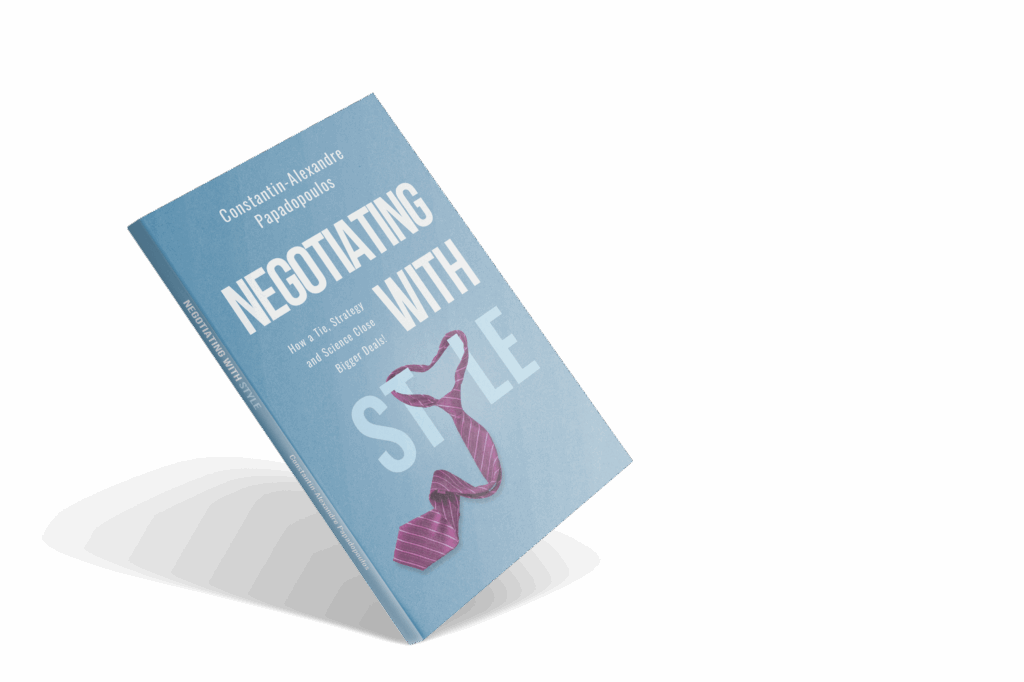The Power of Precision: How Odd Numbers Boost Your Earnings in Salary Negotiations

In the realm of salary negotiations, securing a hefty paycheck is not only about delivering top-notch performance; it’s also a testament to your negotiating skills.
According to social psychologist David Loschelder of Saarland University, a simple but effective strategy can significantly increase your earning potential: the art of using unconventional, slightly skewed numbers. Loschelder, along with colleagues from Trier and Lüneburg, Germany, conducted experiments to unravel the science behind successful bargaining and applied their findings to salary negotiations.
In their first experiment, the team posted 120 offers for items such as car tires, bicycles, and game consoles on an online platform. These items were originally priced at €200 each. The researchers strategically offered amounts ranging from €115 to €125, with intentionally precise numbers such as €121.37. The result was striking:
using these unconventional amounts resulted in an average savings of ten euros.
In the second experiment, the researchers took on the role of salespeople in an antique shop. They put an Art Nouveau secretary up for sale at two different starting prices- €1,200 and €1,185. Remarkably, when the item started at €1,185, it fetched an average final price of€1,046, compared to €930 when the starting price was €1,200. Starting with an amount that was €15 lower resulted in a surprisingly higher final price, averaging €116 more.
According to Loschelder, these research findings can easily be applied to salary negotiations. Whether you’re discussing the price of a game console or your own salary,
providing an accurate figure signals to your counterpart that you’ve thought through your request.
This perception of competence can work in your favor. Odd numbers also offer another advantage. When amounts end in even numbers, such as €45,000, people often think in terms of thousands. However, stating a number like €44,700 encourages negotiation in hundreds, which gives you more room to maneuver.
Rasmus Tenbergen, a salary coach who earned his doctorate in negotiation techniques at Harvard and advises large companies such as Siemens, Daimler, and SAP, supports this approach. Tenbergen explains that employees often round off their salary expectations, inadvertently giving up potential earnings. For example, if you ask for €65,000 a year, you might get a counteroffer of €60,000. But if you ask for €63,500, the typical counteroffer is more likely to be around €62,000. It’s important, however, not to set your salary too low, as your counterpart may question the value of the offer.
In general, the price should not be set too low. Otherwise, the other party will unconsciously look for explanations for the low offer. “If I offer a car for €24,865 , the buyer will accept the price and say to himself: ‘That’s right, apart from the small scratch, the paint is great, and the mileage is also quite low at 85,000 kilometers. If, on the other hand, I ask only €15,323 for the same car, the buyer will argue inwardly: ‘There’s a small dent, and the car already has 85,000 kilometers on the clock. Then the offer seems too cheap,” explains David Loschelder.
But there is a difference between haggling over sales prices and haggling over salaries: When it comes to offers, it’s okay to haggle to the penny, but when it comes to salary, it’s better not to. Of the 200 test subjects, some of whom didn’t even know they were taking part in an experiment, none asked why, of all things, €121.37 was being offered.
“Some of the people were amused by our offers, but no one was annoyed,” says Loschelder. But if possible, you should only state your desired salary in pennies: “Otherwise you won’t be taken seriously.”
Want to train your negotiation skills? Register for our next free negotiation sparrings session here
About the author and snipers.sale
Constantin Papadopoulos
Co-founder of snipers.sale
Our participants benefit from expertise in psychology, communication and business negotiation to maximize their negotiation outcomes.
This post was inspired by a German article in the Spiegel – Credits to – https://www.spiegel.de/karriere/tipps-fuer-gehaltsverhandlung-krumme-zahlen-besser-als-gerade-summen-a-929073.html
